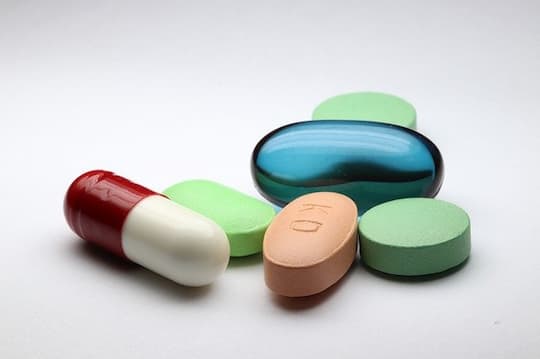Beta-sitosterol is found in fruits, vegetables, nuts and seeds.
A plant-derived supplement called beta-sitosterol can help to reduce anxiety, a new mouse study suggests.
Beta-sitosterol, which is found in fruits, vegetables, nuts and seeds has previously been linked to lower cholesterol and reducing the risk of cardiovascular disease.
Now, new research finds that when used with an antidepressant, it can help to reduce anxiety.
Fluoxetine (marketed as Prozac) and beta-sitosterol work together synergistically so that the dosage of the antidepressant can be reduced.
Dr Nicolas Panayotis, the study’s first author, said:
“One of the major problems with existing antianxiety medications is that they produce side effects, so if beta-sitosterol could help cut down the dosage of such medications, it might potentially also reduce the unwanted side effects.”
Anti-anxiety drugs are challenging to create because anxiety is not always a bad thing.
Indeed, anxiety is quite natural and helps us deal more effectively with the dangers we face.
Beta-sitosterol reduces anxiety
For the study, mice were given Prozac and beta-sitosterol both together and separately.
The results revealed that beta-sitosterol reduced anxiety at lower doses when both drugs were used together.
One of the advantages of beta-sitosterol is that it is naturally present in many edible plants.
Avocados have particularly high concentrations of beta-sitosterol.
However, eating avocados alone will not help anxiety, Dr Panayotis said:
“You’d need to eat avocado day and night to get the right dose — and you would be more likely to develop digestive problems than relieve your anxiety.”
Dosage and side-effects
Beta-sitosterol is widely sold as a dietary supplement, often for treating high cholesterol and for benign prostatic hyperplasia (an enlarged prostate).
Professor Mike Fainzilber, study co-author, warned:
“There’s a need for a clinical trial to test the use of beta-sitosterol for reducing anxiety in humans.
Until then, we recommend that people consult their physicians before taking the supplement for this purpose.”
Since no trials have yet been carried out, there is no recommended dosage of beta-sitosterol for anxiety.
Side effects of beta-sitosterol are generally mild and include indigestion, nausea, gas, constipation and diarrhoea.
The study was published in the journal Cell Reports Medicine (Panayotis et al., 2021).

